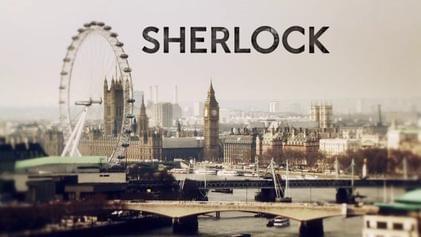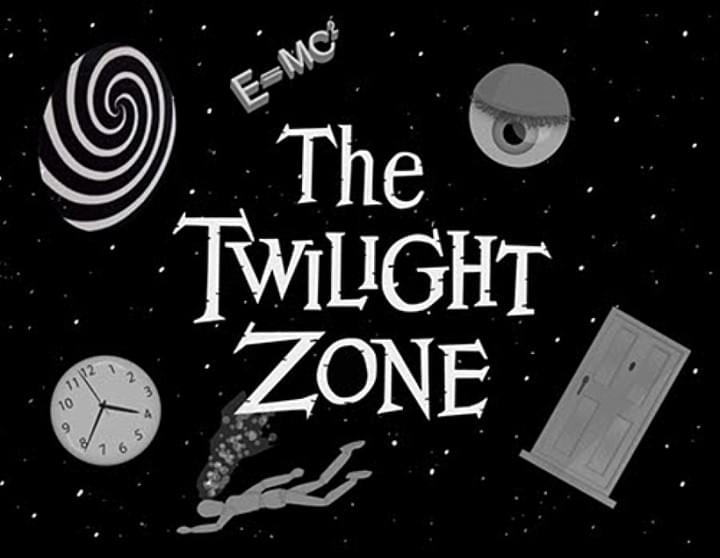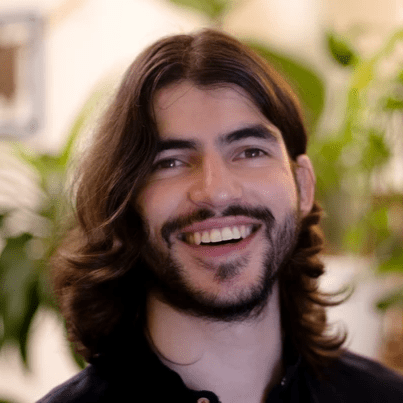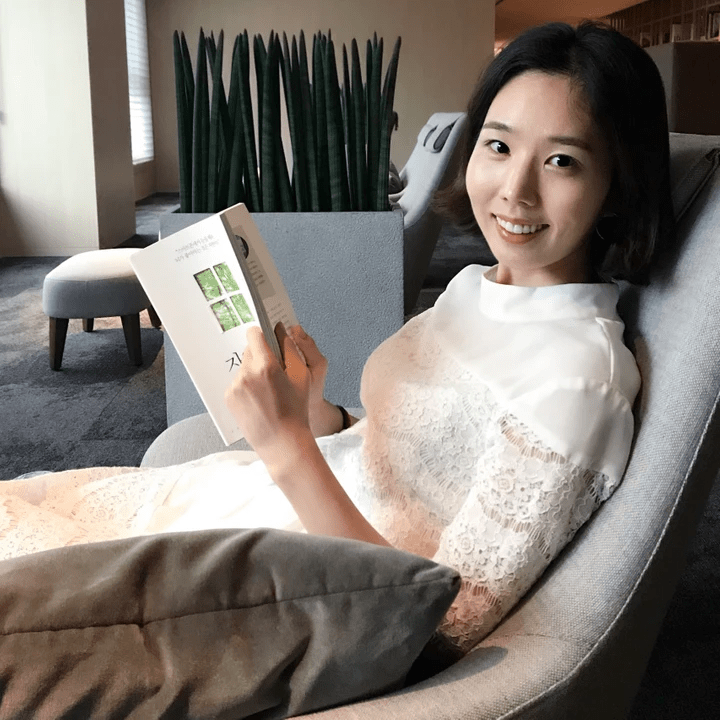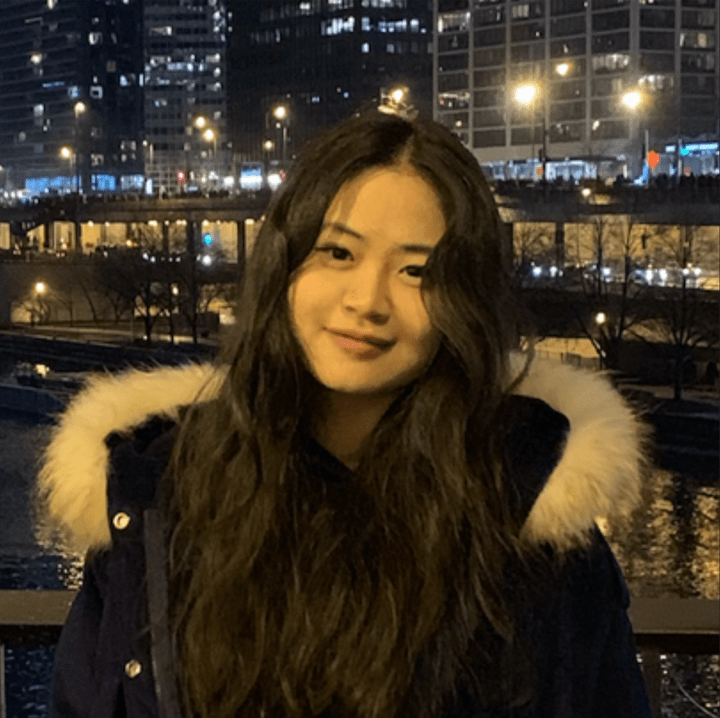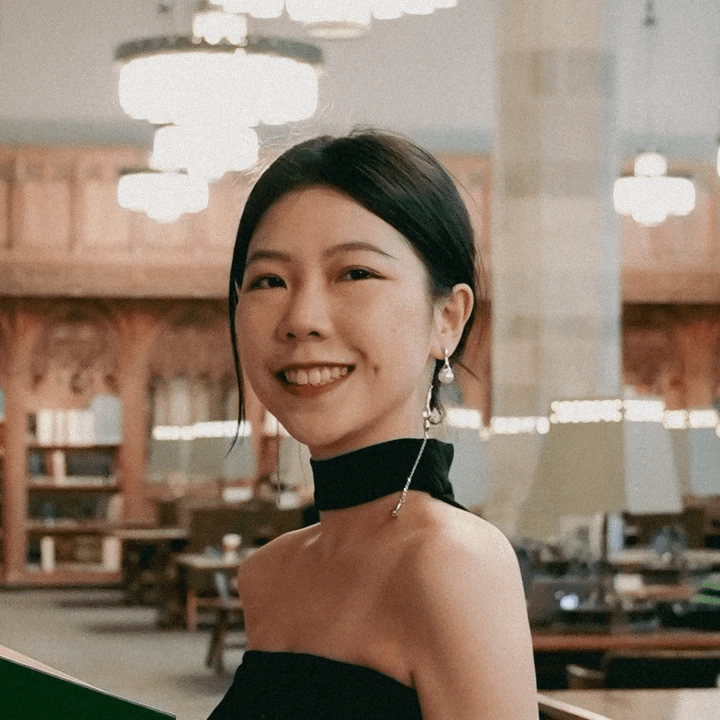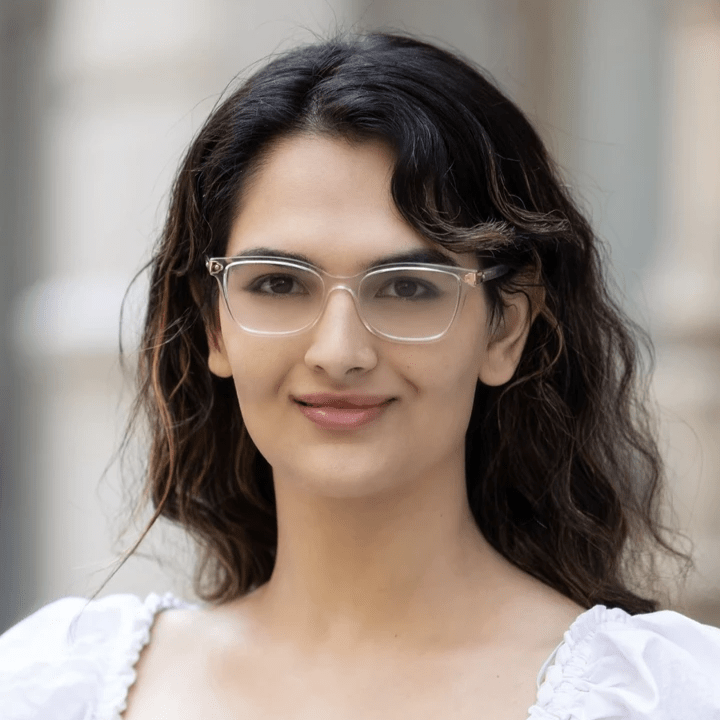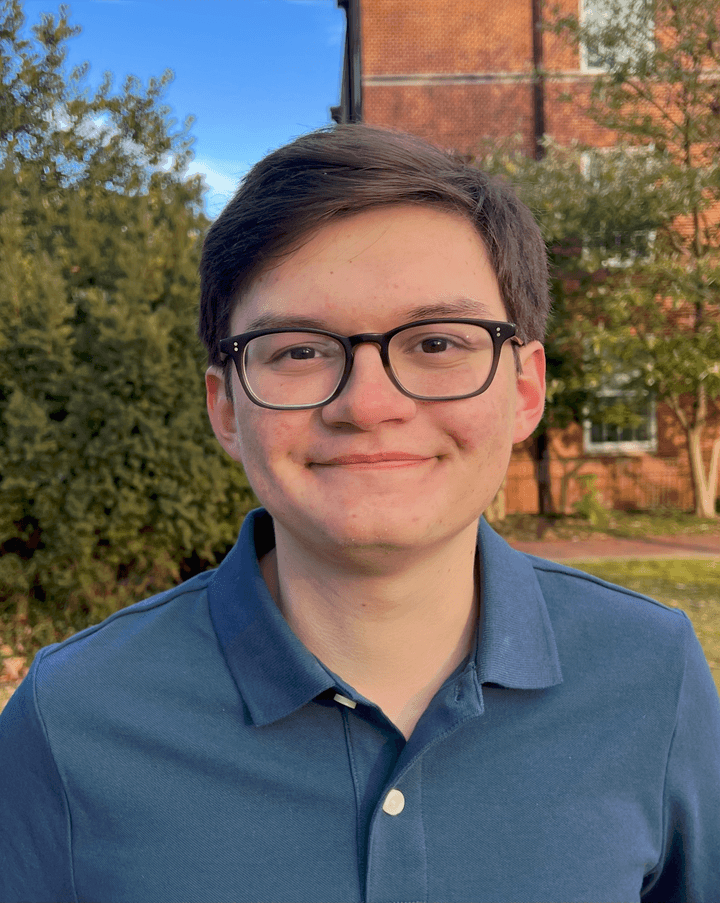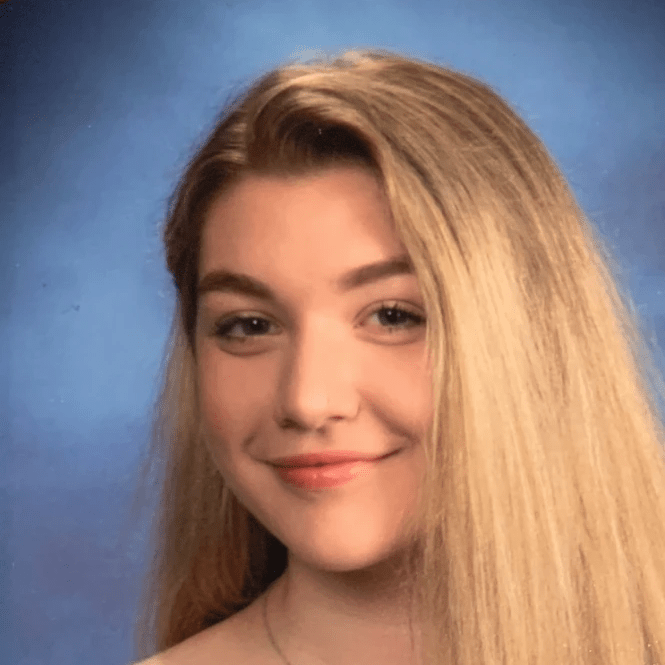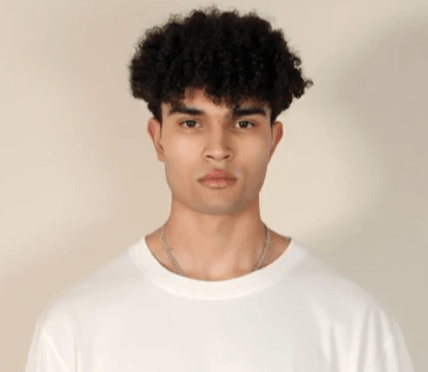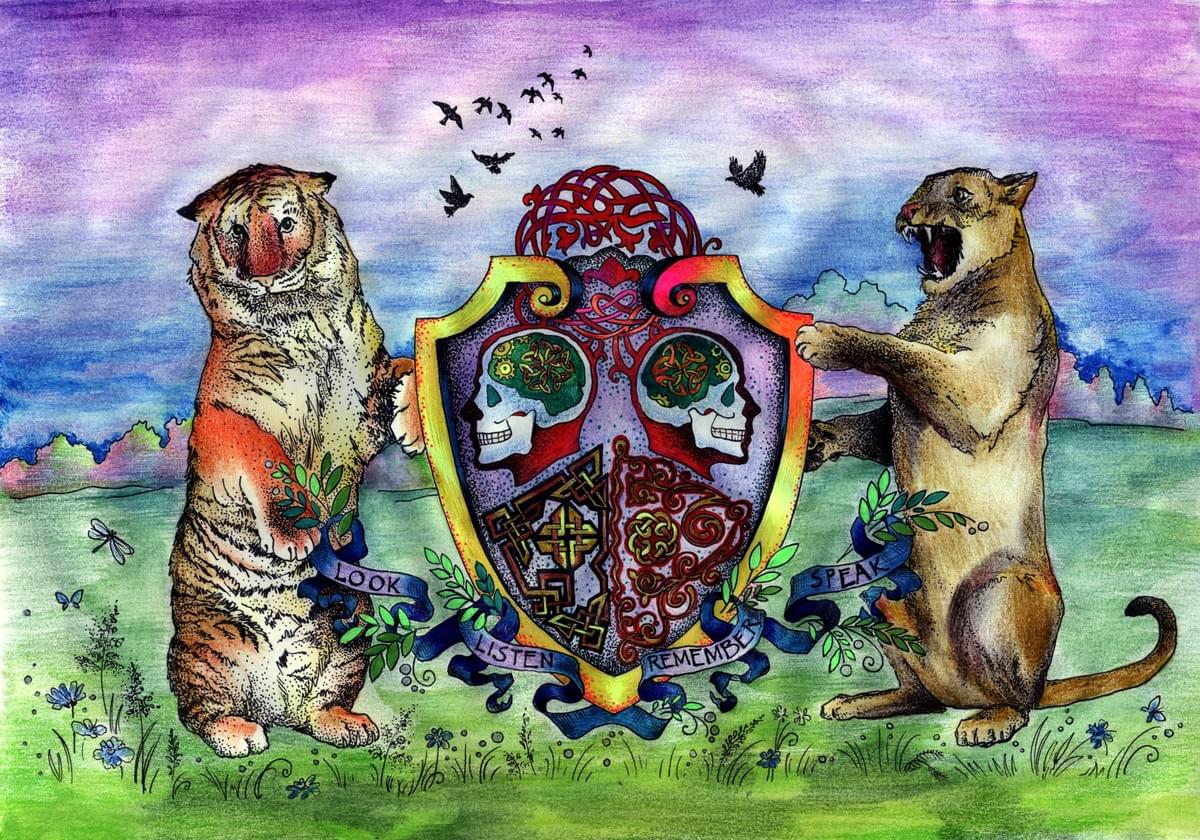

Janice Chen

Real-world memory and the brain
How do we construct and retrieve memories of complex real-world episodes? In this research we use realistic stimuli (such as movies and narratives) and behaviors (such as spoken recall) that contain rich natural semantics and unfold continuously across multiple timescales. Employing temporal and spatial pattern analysis methods with functional brain imaging data, we ask how mnemonic and sensory systems operate together dynamically to create the present moment.
...
In the mind, the present moment is a convergence point of two information streams: one, a continuous flow of sensory input from the outside world; and two, a series of elements from our past experiences, i.e., memories. Memories may be triggered by sensory stimuli, they may themselves cue more memories, and they may change the way incoming stimuli are interpreted, all of which become part and parcel of our current experience.
Past information casts an influence across multiple timescales: events that occurred a moment ago, a minute ago, and a day ago may all impact the present. In order to understand how the mind and brain work, we need an account of how memories of past events, across multiple timescales, continuously influence and merge with ongoing perception and behavior.
Studying real memory requires using real stimuli. Scientists often trade realism for control; we use lists or configurations of random items, attempting to isolate selected variables. However, this approach can strip away the very richness and complexity that made memory such a compelling topic in the first place, and cause us to neglect phenomena that emerge only when stimuli are as dynamic and detailed as the real world.
...
Publications

(Peer-reviewed Publications
- Su H, Li X, Born S, Honey CJ, Chen J, Lee H (2025). Neural dynamics of spontaneous memory recall and future thinking in the continuous flow of thoughts. Nature Communications. [link]
- Nau M, Greene A, Tarder-Stoll H, Lossio-Ventura JA, Pereira F, Chen J, Baldassano C,Baker C (2025). Neural and behavioral reinstatement jointly reflect retrieval of narrative events. Nature Communications. [link]
- Eckardt D, Helion C, Schmidt H, Chen J, Murty V (2024). Storytelling changes the structure and perceived value of event memories. Cognition.
- Lee Y, Chen J (2024). The relationship between event boundary strength and pattern shifts across the cortical hierarchy during naturalistic movie-viewing. Journal of Cognitive Neuroscience.
- Antony J, Lozano A, Dhoat P, Chen J, & Bennion K (2024). Causal network properties predict memory organization for non-linear narratives. Journal of Cognitive Neuroscience.
- Chen J, Bornstein AM (2024) Thecausal structure and computational value of narratives. Trends in Cognitive Sciences.
- Lee Masson H, Chen J, Isik L (2024). A shared neural code forsocial interaction perception and memory in the superior temporal sulcus. Neuropsychologia.
- Born S, Shi K, Lee Masson H, Lee H, Lee Y, Chen J (2023). Word-timestampedtranscripts of two spoken narrative recall functional neuroimaging datasets. Data in Brief.
- Nau M, Tarder-Stoll H, Greene A, Chen J, Baldassano C, Lossio-Ventura JA, Pereira F, Baker C (2023). Linking brain activity during viewing and recall of movie events through gaze behavior. Journal of Vision.
- Lee H, Chen J, Hasson U (2023). A functional neuroimaging dataset acquired during naturalistic movie watching and narrated recall of a series of short cinematic films. Data in Brief.
- Musz E, Loiotile RE, Chen J, Bedny M (2023). Naturalistic audio-movies reveal common spatial organization across "visual" cortices of different blind individuals. Cerebral Cortex.
- Zadbood A, Nastase SA, Chen J, Norman KA, Hasson U (2022). Neural representations of naturalistic events are updated as our understanding of the past changes. eLife.
- Lee H, Chen J (2022). Narratives as networks: Predicting memory from the structure of naturalistic events. Nature Communications. [link]
- Lee H, Chen J (2022). A generalized cortical activity pattern at internally-generated mental context boundaries during unguided narrative recall. eLife. [link]
- Musz E, Chen J (2022). Neural signatures of compression in the retelling of past events. Communications Biology. [link]
- Nastase SA, Liu Y-F, Hillman H, Zadbood A, Hasenfratz L, Keshavarzian N, Chen J, Honey J, Yeshurun Y, Regev M, Nguyen M, Chang CHC, Baldassano C, Lositsky O, Simony E, Chow MA, Leong YC, Brooks PP, Micciche E, Choe E, Goldstein A, Vanderwal T, Halchenko YO, Norman KA, Hasson U (2021). The “Narratives” fMRI dataset for evaluating models of naturalistic language comprehension. Scientific Data. [link]
- Leong YC, Chen J, Willer R, Zaki J (2021). Conservative and liberal attitudes drive polarized neural responses to political content. Proceedings of the National Academy of Sciences. [link]
- Lee H, Bellana B, Chen J (2020). What can narratives tell us about the neural bases of human memory? Current Opinion in Behavioral Sciences. [link]
- Zuo X, Honey CJ, Barense MD, Crombie D, Norman KA, Hasson U, Chen J (2020). Temporal integration of narrative information in a hippocampal amnesic patient. NeuroImage. [PDF]
- Sadeh T, Chen J, Y Goshen-Gottstein, Moscovitch M (2019). Overlap between hippocampal pre-encoding and encoding patterns supports episodic memory. Hippocampus. [PDF]
- Aly M, Chen J, Turk-Browne N, Hasson U (2018). Learning naturalistic temporal structure in the posterior medial network. Journal of Cognitive Neuroscience. [PDF]
- Baldassano C, Chen J, Zadbood A, Pillow JW, Hasson U, & Norman KA (2017). Discovering event structure in continuous narrative perception and memory. Neuron. [PDF]
- Zadbood A, Chen J, Leong YC, Norman KA, & Hasson U (2017). How we transmit memories to other brains: constructing shared neural representations via communication. Cerebral Cortex. [PDF]
- Chen J*, Leong YC*, Honey CJ, Yong CH, Norman KA, Hasson U (2017). Shared memories reveal shared structure in neural activity across individuals. Nature Neuroscience. (*co-authorship) [PDF]
- Chen J, Honey CJ, Simony E, Arcaro MJ, Norman KA, Hasson U (2016). Accessing real-life episodic information from minutes versus hours earlier modulates hippocampal and high-order cortical dynamics. Cerebral Cortex. [PDF]
- Chen J, Hasson U, Honey CJ (2015, commentary). Processing timescales as an organizing principle for primate cortex. Neuron.
- Chen PH, Chen J, Yeshurun Y, Hasson U, Haxby J, Ramadge PJ (2015). A reduced-dimension fMRI shared response model. Neural Information Processing Systems.
- Hasson U, Chen J, Honey CJ. Hierarchical process memory: memory as an integral component of information processing (2015). Trends in Cognitive Sciences.
- Chen J, Cook PA, Wagner AD (2015). Prediction strength modulates responsesin human area CA1 to sequence violations. Journal of Neurophysiology.
- Gonzalez A, Hutchinson JB, Uncapher MR, Chen J, LaRocque KF, Foster BL, Rangarajan V, Parvizi J, Wagner AD (2015). Electrocorticography reveals the temporal dynamics of posterior parietal cortical activity during recognition memory decisions. Proceedings of the National Academy of Sciences.
- Chen J, Dastjerdi M, Foster BL, Larocque KF, Rauschecker AM, Parvizi J, Wagner AD (2013). Human hippocampal increases in low-frequency power during associative prediction violations. Neuropsychologia.
- Chen J, Olsen RK, Preston AR, Glover GH, & Wagner AD (2011). Associative retrieval processes in the human medial temporal lobe: hippocampal retrieval success and CA1 mismatch detection. Learning & Memory.
- Rauschecker AM, Dastjerdi M, Weiner KS, Witthoft N, Chen J, Selimbeyoglu A, Parvizi J (2011). Illusions of visual motion elicited by electrical stimulation of human MT complex. PLoS ONE.
- Clausen TP, Chen J, Bryant JP,Provenza FD, Villalba J (2010). Dynamicsof the volatile defense of winter “dormant” balsam poplar (Populusbalsamifera). Journal of Chemical Ecology.
- Olsen RK, Nichols EA, Chen J, Hunt JF, Glover GH, Gabrieli JDE, Wagner, AD (2009). High-resolution fMRI of human medial temporal lobe reveals performance-related sustained and anticipatory activity during delayed-match-to-sample. Journal of Neuroscience.
Preprints
- Li X, Ni NK, Born S, Gualano RJ, Lee I, Bellana B*, Chen J* (under review). Agency personalizes episodic memories. PsyArXiv: doi.org/10.31234/osf.io/7evwj
- Lee Y, Lee H, Chen J (in revision for resubmission). A core set of neural statesunderlying memory reactivation of naturalistic events in posterior medial cortex.
bioRxiv: doi.org/10.1101/2024.12.11.627957
Other Publications
- Moral Narratives Workshop Proceedings (2023). Kim J, et al. PsyArXiv:10.31234/osf.io/m59vz.
- Zhang H, Chen PH, Chen J, Zhu X, Turek JS, Willkie TL, Hasson U,Ramadge PJ (2016). A searchlight factor model approach for locating shared information in multi-subject fMRI analysis. arXiv:1610.03914.
- Chen PH, Zhu X, Zhang H, Turek JS, ChenJ, WillkeTL, Hasson U, Ramadge PJ (2016). Aconvolutional autoencoder for multi-subject fMRI data aggregation. arXiv:1608.04846.
Datasets

Sherlock
Data
Princeton Dataspace (preprocessed NIFTI)
https://dataspace.princeton.edu/jspui/handle/88435/dsp01nz8062179
OpenNeuro (Raw BIDS)
https://openneuro.org/datasets/ds001132/versions/1.0.0
Datalad (preprocessed for MATLAB tutorial)
http://datasets.datalad.org/?dir=/workshops/mind-2017/sherlock
Tutorial (including movie annotations and analysis code)
https://github.com/Summer-MIND/mind_2018/tree/master/tutorials/sherlock_nifti_kit_v2_withdata
Publications & Preprints that use the Sherlock dataset
(from our group and others)
Chen PH et al. (2016) NIPS
Chen, Leong et al. (2017) Nature Neuroscience
Baldassano et al. (2017) Neuron
Zadbood et al. (2017) Cerebral Cortex
Vodrahalli et al. (2017) NeuroImage
Tan et al. (2019) arXiv
Thornton & Tamir (2020) Social Cognitive and Affective Neuroscience
Jolly et al. (2020) Neuroimage
Kim et al. (2020) Neuropsychologia
Brandman et al. (2021) Communications Biology
Manning (2021) Psychological Review
Heusser et al. (2021) Nature Human Behavior
Song et al. (2021) PNAS
Liu et al. (2022) Cerebral Cortex
de la Vega et al. (2022) eLife
Thornton & Tamir (2022) JPSP
Hahamy et al. (2023) Nature Neuroscience
Lee Masson et al. (2024) Neuropsychologia
Giglio et al. (2024) PNAS
Ke et al. (2025) PLOS Computational Biology
Nau et al. (2025) Nature Communications
Upadhyayula et al. (2025) bioRxiv

Film Festival
Data
https://openneuro.org/datasets/ds004042/versions/1.0.0
Publications that use the FilmFest dataset
Lee, Chen, & Hasson (2023) Data in Brief
Lee & Chen (2022) Nature Communications [link]
Lee & Chen (2022) ELife [link]

The Twilight Zone
People


Rolando Masís-Obando
Postdoctoral Fellow

Yoonjung Lee
Graduate Student


Brian Winston
Graduate Student


Sammy Tavassoli
Graduate Student

Evelyn Allen
Graduate Student

Josh Seewald
Masters Student

Colette Youstra
Lab Manager

Quinton Covington
Lab Manager

Sophia Lin
Postbaccelaureate Research Assistant
Undergraduate Research Assistants
Hannah Fu
Nicole Ni
Sophia Lin
Iris LeeAkachi Iloputaife
Veronica Jung
Lab Alumni
Postdocs:
Lisa Musz - Scholar page
Buddhika Bellana - https://www.bellanalab.com/
Hongmi Lee - https://sites.google.com/view/lmclab
Research Staff:
Zoey Zuo - Scholar pageSavannah Born - Scholar page
Nicole Yoshiko Tsuno
Anna Hu
Kahlyn Eckles
Graduate Students:
Yoonjin Nah
Peter Johnson
Yiyuan Zhang (BME masters) - https://moralitylab.bc.edu/people/yiyuan-zhang/
Yoonjung Lee - Scholar page
Undergraduate Researchers:
Qingwei Zhang
Amanda Liu
Kenz Wilkinson
Edward Halpin
Katelyn Macholl
Elly Yeom
Subin Han
Michelle Rodriguez
Paulina Medina
Ria Gualano
Elizabeth Im
Kathy Shi - Scholar page
Sydney Baek
Ben Du
Josh (Euikwang) Kim
Jordan Holleran
Positions Available
Not actively recruiting.



